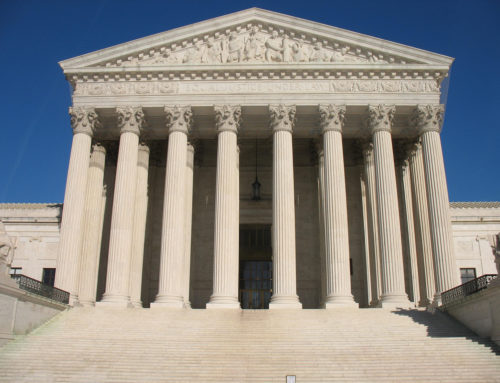
Against this backdrop, in the collective group of cases, likely set for hearing in March, the Court will address the precise legal issue of whether the federal government’s opt-out process for religiously-affiliated organizations violates the Religious Freedom Restoration Act (“RFRA”). In deciding that issue, the Court will consider the institutions’ legal argument that the law’s opt-out process is not the “least restrictive means” for the government to effect its goal of providing free birth control to female workers, the standard that the RFRA requires.
Photo credit: havens.michael34 / Foter.com / CC BY
The information contained on this blog is not legal advice, nor does this blog create an attorney-client relationship. Klein Bussell attorneys do not blog about pending matters handled on behalf of our clients and will never disclose client confidences.
The information contained in this blog does not constitute legal advice, nor does this blog create an attorney-client relationship. KSM attorneys do not blog about pending matters handled on behalf of our clients and will never disclose client confidences.




